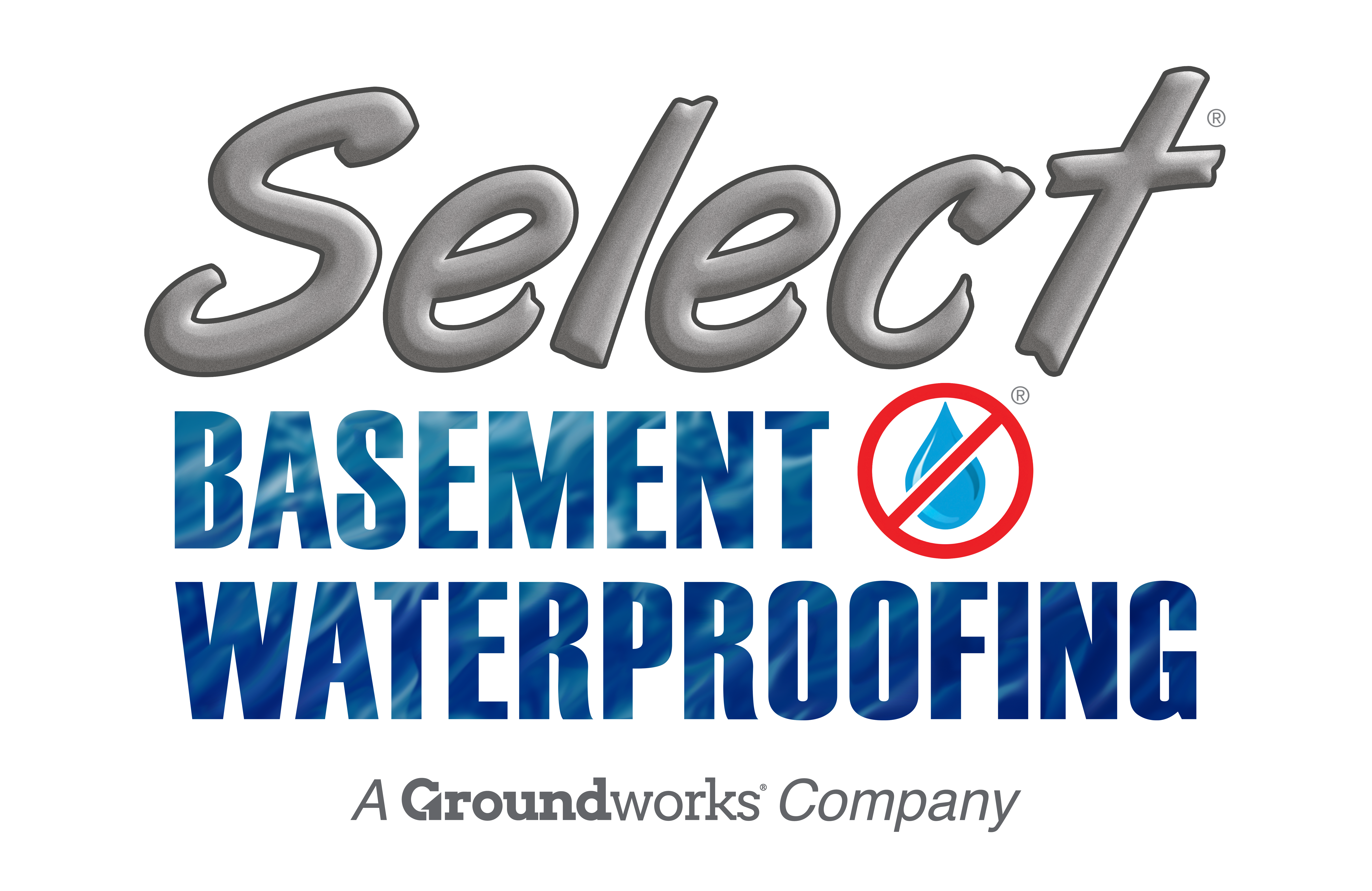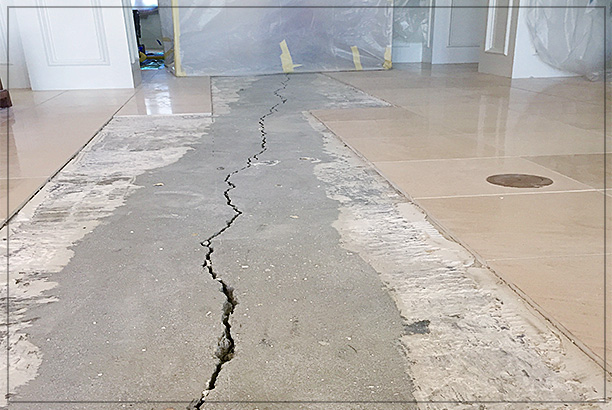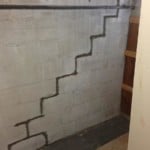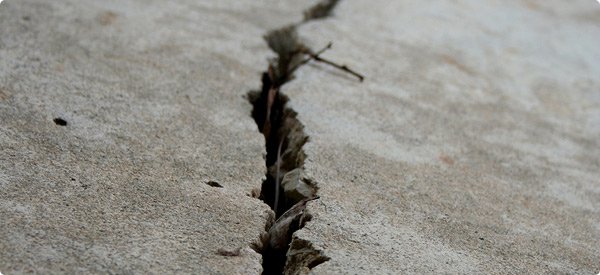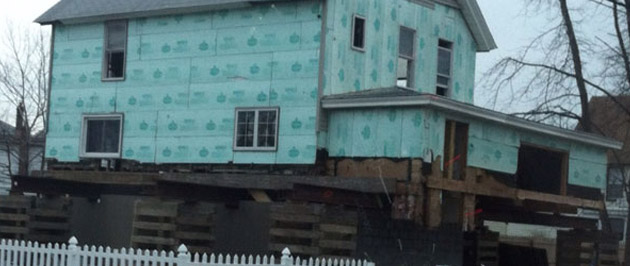A leaky foundation is a threat to not only the building structure, but also the property inside. When a home is built, its foundation walls are clean and easily accessible. However, with time the structure may experience problems such as cracking, gaps, and holes. Water begins to take its toll on your home, and if nothing is done to stop it, soon you start counting losses. Leakages in a building are a matter of emergency and should be handled as soon as possible. A foundation repair, if conducted at the right time using effective restoration procedures, can save a homeowner from water damage.
Water seepage shouldn’t be confused with moisture infiltration
There is a difference between water entering the interior of a building and moisture infiltrating a foundation. Some repair procedures are meant to restore problems related with moisture infiltration and not water seepage.
For example, a waterproofing technique helps tackle issues of liquid water entering a basement through cracks, gaps, and holes, but moisture can infiltrate porous cement through pores. The right treatment for moisture infiltration, or migration, is through damp proofing and not waterproofing. These two procedures can offer different remedies in protecting a home. Damp proofing is meant to keep moisture away and may not address the problem of liquid water.
Contact Us! We Can Help! 732-360-5052
Foundation repair techniques
A number of techniques are applied when repairing foundations. Depending on the nature of the problem, a contractor may decide to use one or more repair techniques. Foundations tend to experience cracking. It is normal for foundations to crack because cement shrinks as it cures.
Shrinkage induces stress on concrete, and that way, cracks form to relieve the stress. This is okay because foundations are designed to handle cracks.
However, if there are external forces such as settlement of the ground acting on foundation walls, it makes cracks widen and grow deeper. Common areas where cracks occur are corners of windows or in the middle of an elongated wall.
Most cracks are vertical and can be corrected using urethane foam technique. In the event that cracks run horizontally, or the wall structure has deflected, cracks may be perceived as structural. In this case, the ergo, epoxy technique is deemed appropriate.
Concisely, before any foundation repair is undertaken, the cause of the problem should be identified. Foundation cracks develop because of shifting ground, improper compaction, too much moisture, and too little moisture. Other cracks may be caused by tree roots growing in close proximity to a building.
